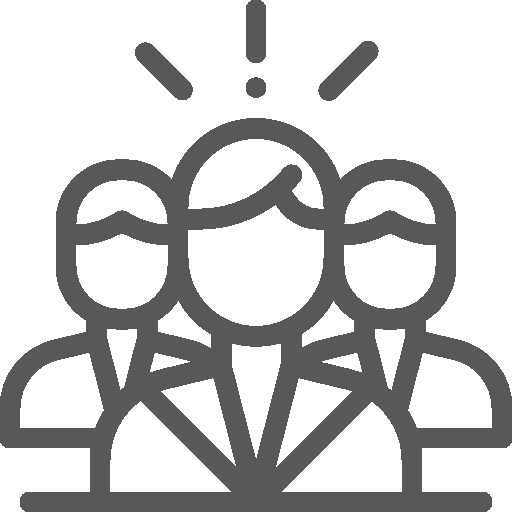Even the most well-intentioned people can be swayed by almost subconscious, automatic biases against certain categories of people — what scientists call “implicit out-group bias.” These biases emerge from engrained negative and positive associations that lurk in our minds. A team of researchers from Central Michigan University explored whether mindfulness meditation could help reduce our […]
Read More… from Mindful Meditation Helps Reduce Racial and Age Bias
Michael Porter gave us a process for strategy development. It was a very cognitive process (i.e., using conscious mental activities such as thinking, understanding, learning, remembering) that followed prescribed steps: gather the right data, avoid biases, and choose activities that differentiate the firm from competitors. There is one problem with the cognitive development of strategy: […]
Read More… from Why the Best Strategic Thinkers Are Both Rational and Emotional
Best-self activation is the deliberate effort to think the best of yourself. You can do this in one of two ways: 1) reflecting on situations in your history that show you at your best (e.g. highlighting your most impressive attributes), or 2) receiving stories and feedback from others that show you at your best. The […]
Read More… from How Best-Self Activation Launches Sustained Performance Improvement
Employee victimization continues to be a problem in the workplace. New research reveals how through their job performance victims themselves may be unwittingly motivating their tormentors. In any group, there will be different levels of performance: some employees will perform at a high level, some at a low level, and some at an average level. […]
Read More… from When Non-Average Performers Are Targeted by Bullies
How can companies that sell experiential products and services design an experience that leaves customers with highly satisfactory memories — and the desire to return? A team of researchers from UCLA’s Anderson School of Management developed a mathematical model for optimal customer experiences based on two variables: sequence and duration. In manipulating the sequence and duration […]
Read More… from Designing Experiential Services So Customers Remember the Best Parts
Workplace anxiety and stress causes work performance to suffer. Previous research shows that performance suffers because of what academics call ‘cognitive interference’: when employees are stressed, they cannot focus on their tasks and think as clearly as they need to. In this previous research, cognitive interference focuses on tasks that require a high-intensity effort over […]
Read More… from How Supervisors and Co-Workers Stop Anxiety from Hurting Performance
When people do good things, they reward themselves. This is the conclusion of a number of previous studies into the psychology of doing good deeds. Two researchers from Harvard Business School and Duke University’s Fuqua School of Business explored through their own series of studies the business implications of this previous psychological research. The researchers […]
Read More… from Reusable Grocery Bags: How Green Customers Help the Environment-and Your Business
Research has shown the positive impact on transformational leadership on organizational outcomes. Other research has focused on character traits of effective and/or ethical leaders. A new study from Harvard University Kennedy School of Government and Clemson University explores the combination of both character and transformational leadership on organizational outcomes. The research centred on two issues. […]
Read More… from Does Character Add to the Success of Transformational Leadership?
The AIDA model of advertising identifies Attention, Interest, Desire and Action as key to the effectiveness of an advert. In order to measure the physiology behind advertising effectiveness, a research team used experiments involving public service announcements (PSAs) and focused specifically on the attention and action components of the model. PSAs are good foundations for […]
Read More… from Neurobiological Clues to Advertising Effectiveness
While large corporations may have the bandwidth to organize mandatory, sustained in-house training programs, smaller companies must depend on outside organizations and the government to provide training. The challenge with such programs is that employees will only actively participate if they are self-motivated to do so. How can companies create or enable such self-motivation? According […]
Read More… from Psychology-based Training Incentives Motivates Workers





